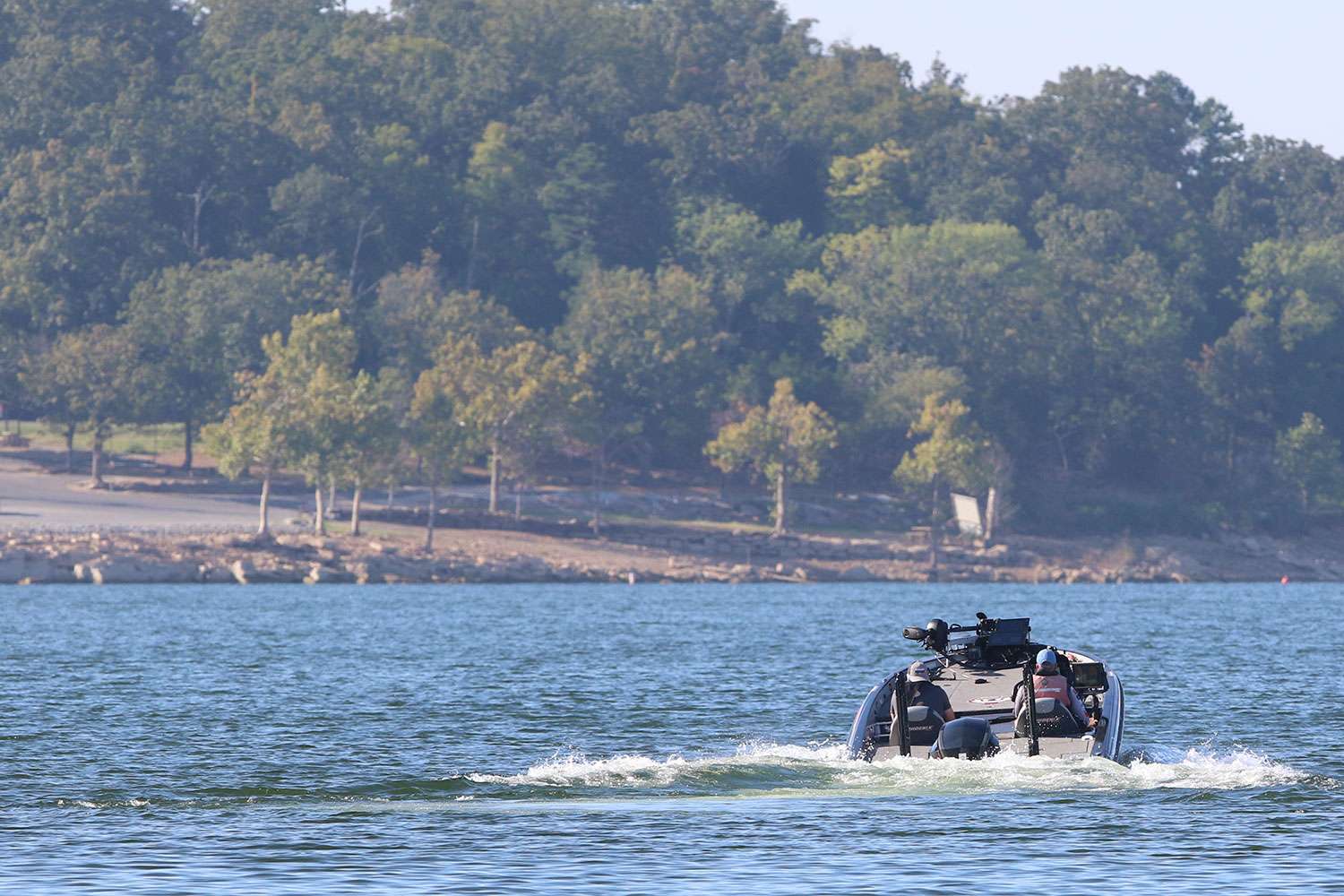
Ever since Ray Scott introduced the concept of catch and release to our sport, it has been one of the cornerstones of tournament fishing. We continue to do a great job of spreading the message, and as a professional angler I’ve bought into it completely. I love the fact that catch and release allows someone else the thrill of landing a released personal best or record catch. Many of our fisheries are healthier than ever and in large part that’s due to the fact that you rarely see anglers with fish on metal stringers or in fish baskets at the boat ramp.
One unfortunate side effect of this positive message is that it has stigmatized occasionally keeping a few fish for the table. As long as you don’t violate legal restrictions or engage in waste, there is nothing wrong with putting a few in the livewell to eat. Just about any time I catch a walleye it goes home to be eaten, and crappie are probably my favorite table fare of all time. I’m not ashamed to say that in the past I have kept a few bass to eat as well. I know that things are tough for a lot of people right now, and this can be a fun and inexpensive way to keep your table full.
I am not indiscriminate about when and where I keep a few bass to eat. I generally only retain smaller specimens, just above the legal length limit. Those are the fish that may be limiting the growth of the true trophies on your home waters, and removing them may actually be doing the fishery a favor. I’m sure everyone knows of a local lake or river that is overloaded with small, cookie-cutter-sized bass. When they’re overpopulated, it results in stunting, typically because a limited forage base can’t sustain a larger population of quality fish. Oftentimes fisheries biologists actually recommend removing a certain number of bass to ensure a proper balance.
If you can find one of these overpopulated lakes, it provides a great chance to catch dinner, but an even better chance to teach your kids a number of lessons and build memories all in one trip. First of all, if they get a lot of bites, they’re likely to maintain their interest and refine their skills. By the end of the day, their casting will improve, and they can become reasonably proficient with a number of different techniques. While fishing, you can explain to them the general importance of catch and release, with a bit of a biology lesson about the food chain. Once you’re home, with proper supervision you can teach them how to clean the fish and how to cook them. There are tons of recipes and methods of preparing fish from grilling, frying, broiling and baking. It’s actually fun to experiment with all the different options.
Perhaps most importantly by taking a few fish home you reinforce a child’s connection to the natural world and food supply. Show them where fish actually come from and explain that they aren’t spawned into a pre-breaded and fried fish stick. That could be the ultimate benefit that we often overlook, but it may be the most important value of fishing all together.
Stay safe and fish responsibly.

